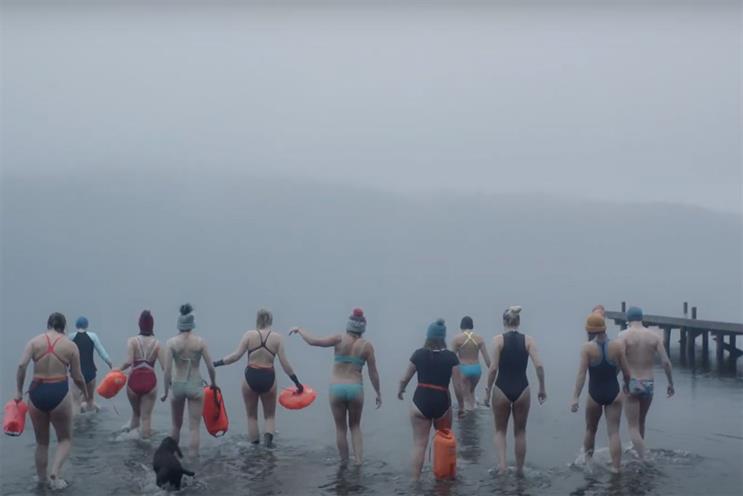What do grime artists from Hull, professional arm wrestlers in Wales, adventure sportswomen from the Lake District, members of Sheffield University’s British Asian Society and the UK’s largest LGBTQ+ charity have in common?
More than you might think.
These groups have found, created and maintained communities that transcend postcodes and carve through differences to establish themselves on shared identities.
Enforced isolation during lockdown and increased connection online has meant communities today are both hyper-local and hyper-global. This is a trend marketers must note as we look to increasingly personalise and segment communications.
Our ethnographic study of communities up and down the country, entitled “”, delved deep into what exactly creates community and how this has or hasn’t changed throughout the pandemic. The findings call into question a commonly held assumption that our society is divided and we live in a “broken Britain”. The groups we surveyed over the course of this long-standing project are, in fact, united in their desire to include, help and support others – a trend we have seen increase in recent months.
Seeking to escape the London-centric adland bubble, Karmamara’s research project uncovered rootedness within connected communities. Regardless of (and, sometimes, in spite of) geography and bound by human values instead.
It reveals that marketers must look beyond postcodes and delve into passions that form the basis of how people really relate to each other today. Gritty and unfiltered conversations with varied groups across the UK provided useful learnings for how to create meaningful connections, and how marketing should focus on shared motivations over and above demographics.
Communities on the so-called edge of the mainstream can be the most illuminating places to uncover surprising and universal truths. We must challenge what we think we know and help to build bridges without simply placing a simplistic and assumed understanding as the lens.
Ultimately, the “Fabric of Britain” study brought home to us how stark a difference there can be between the assumptions of adland and the reality for the people we market to.
In the words of the grime group from Hull, The Lockdown Collective, which had gone out of its way to promote struggling local restaurants on its own social channels during lockdown: “What brands need to do is throw the ladder down – if you’ve got something, help”. But this group’s way of helping local businesses was not constructed or forced; it came from a true desire to support a struggling community.
But conflict sells, of course. With the media fixated on controversy, we may forget that there is vast common ground on a huge range of issues: love for the NHS and our countryside; commitment to equity from the vast majority; desire for action on climate change.
In fact, while speaking to self-made and self-defined communities, we found that, within these groups, individuality was not only respected – it was loved. We may assume, for instance, that the aforementioned arm wrestlers in Wales were male dominated or proudly Welsh. Instead, the welcoming group transcended geography, gender and age.
With wild swimmers in the Lake District, for instance, women of all ages were brought together not only through their love of the outdoors, but also in a shared retreat from the pressures of modern family life. They felt bound by frustrations but had found sanctuary together – not so much through competitive or high-octane activity but through acceptance.
Similarly, the British Asian Society at Sheffield University, wanting to avoid any sense of predetermination around religion or country of origin, created a diverse community that mirrors their lives today, rather than being defined by the past.
Meanwhile, Opening Doors London, an LGBTQ+ charity, shared with us how important it is to provide social support to older and more isolated gay people, often forced back into the closet to fit in as they get older. So it set out to provide support that has become a lifeline for so many.
Similarly, rather than trying to neatly package audiences into groups, brand marketers must try to “unpack” them. We now have endless marketing tools that enable us to define and systemise consumers to the nth degree but, in fact, what we need to do is to unpack what we think we know. Don’t be fooled by the lazy labelling given to different “segments”. Instead, work against assumptions and make an enemy of aggregation.
Because while these communities may sound “niche”, our analysis of the energy that sustains community life uncovered truths that are applicable to all. There is mutual respect and rootedness that goes far beyond national pride. There is connection and acceptance within a multitude of self-defining groups – both in the real world and online.
We’re all different and that is often what binds us together and makes our shared passions more enriching. By looking at the so-called edge of culture, we can see what drives the middle and we can extrapolate surprising and often universal truths.
Will Hodge is the chief strategy officer at Karmarama, part of Accenture Interactive.


